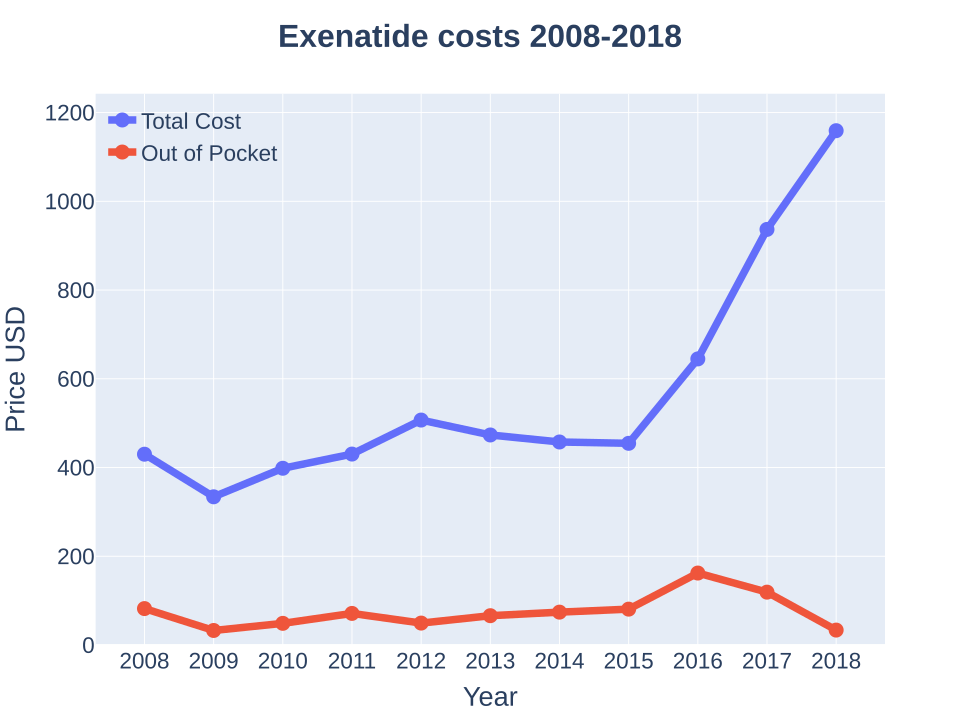New Study Reveals Spirulina as Superior Source of Vitamin B12

In a groundbreaking study, researchers have demonstrated that Spirulina microalgae can provide an unprecedented level of biologically active vitamin B12, surpassing traditional sources such as milk and meat. Conducted by a multinational research team led by Dr. Asaf Tzachor from Reichman University, the study utilized advanced LED technology to optimize the nutrient profile of Spirulina, ultimately producing a strain rich in methylcobalamin, the active form of vitamin B12. This innovative approach offers a sustainable alternative to beef, which is notorious for its high carbon footprint.
According to Dr. Tzachor, "This marks the first time biologically active vitamin B12 has been identified in Spirulina." The research was conducted in Iceland, where the team employed photobioreactors to cultivate the microalgae under controlled conditions, ensuring minimal environmental impact. The result was a new product, termed Photosynthetically Controlled Spirulina (PCS), which boasts 1.64 micrograms of active B12 per 100 grams of dry powder, significantly exceeding the 0.7-1.5 micrograms typically found in beef. This advancement is critical, especially considering that vitamin B12 deficiency poses serious health risks, including anemia and neurological damage.
Vitamin B12 is primarily found in animal products, and deficiency rates can be alarmingly high in regions with limited access to these foods. For instance, rates can reach 40% in Latin America, 70% in parts of Africa, and as high as 80% in South Asia. These statistics underscore the importance of finding alternative sources of this essential nutrient, particularly for populations that do not consume animal products.
The PCS strain not only provides a viable source of B12 but does so with a significantly reduced carbon footprint compared to traditional beef production, which generates approximately 60 kilograms of CO2 emissions per kilogram of meat. The researchers suggest that scaling up the production of PCS could potentially allow Iceland to export 278,000 tons of the supplement annually, meeting the vitamin B12 needs of nearly 14 million toddlers.
Additionally, the modular and closed-loop production system of PCS makes it suitable for deployment in areas with poor agricultural conditions, providing a possible solution for regions facing food insecurity and malnutrition. Dr. Tzachor noted, "The findings demonstrate that photosynthetically controlled Spirulina can produce desirable levels of active vitamin B12, offering a sustainable alternative to traditional animal-source foods."
The implications of this research extend beyond individual health. Governments may need to reconsider their food security policies and nutritional programs, potentially classifying Spirulina as a strategic crop eligible for public investment. This could transform agricultural subsidies and international food aid strategies, particularly in regions where vitamin B12 deficiency is rampant.
While the research is promising, further studies are needed to ascertain the bioavailability of the vitamin B12 in Spirulina compared to conventional sources. Ongoing clinical trials aim to evaluate how effectively the body absorbs the algae-bound vitamin and its impact on health markers. There are also efforts to improve the sensory attributes of PCS to make it more palatable, especially for children.
The findings were published in the journal Discover Food, signaling a significant step forward in both nutritional science and sustainable food production. As the world grapples with the dual challenges of climate change and food security, innovations like Photosynthetically Controlled Spirulina could play a pivotal role in shaping the future of dietary supplements and public health initiatives.
Advertisement
Tags
Advertisement





